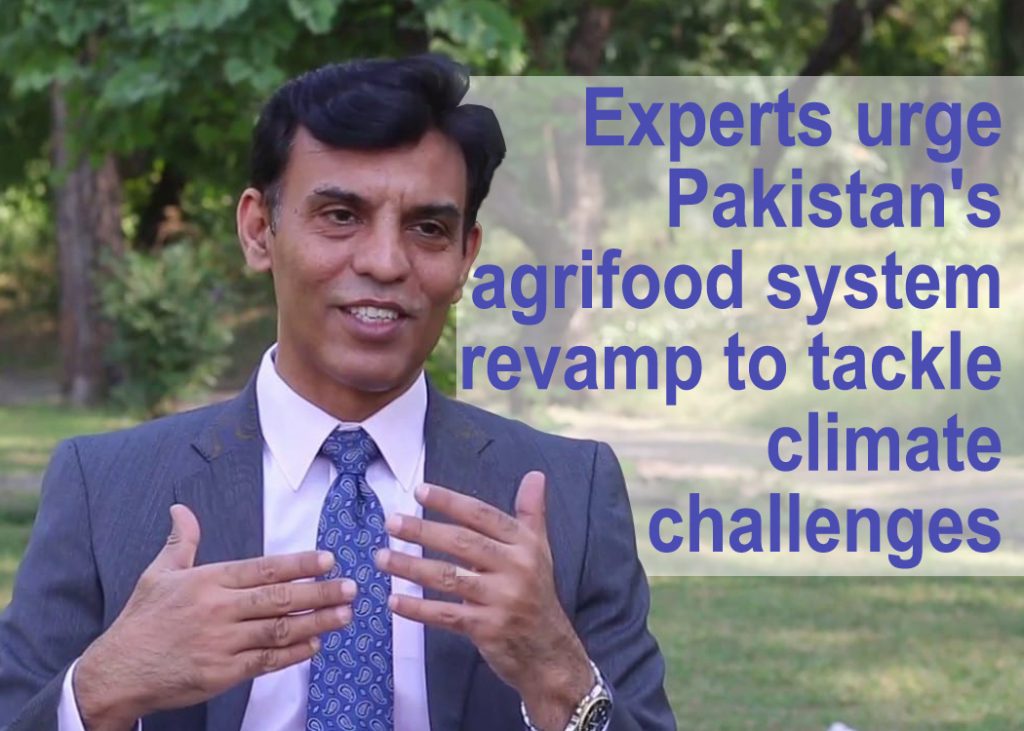
AVN Report
ISLAMABAD: In a recent webinar titled “Potential of Agrifood Systems and Mitigating Climate Impacts,” experts stressed the need for transforming Pakistan’s agrifood system to address climate change challenges, ensure food security, and promote sustainable agricultural practices through a collaborative effort involving stakeholders, policymakers, and the adoption of modern technologies.
Hosted by the Sustainable Development Policy Institute (SDPI), the webinar brought together a diverse group of participants, including academics, media professionals, and stakeholders.
Dr Abid Qaiyum Suleri, Executive Director of SDPI, opened the discussion by emphasizing the importance of food security and the imminent threat posed by climate change. He pointed out that 2023 was declared the hottest year in Pakistan’s history, with climate phenomena like La Niña and El Niño wreaking havoc on the country. He warned that agriculture and food production suffer irreversible consequences, including crop and species loss, due to changing weather conditions.
He said that at the COP-28 meeting, the Food and Agriculture Organization (FAO) presented a report on food system sustainability, aimed at reducing 32 percent of CO2 emissions from the crop sector through various strategies, commending it as a step in the right direction. He highlighted ongoing initiatives, including the recent hackathon supported by the Canadian mission, to address food and agriculture challenges.
Florence Rolle, the UN’s FAO Representative in Pakistan, urged Pakistan to adapt to these changes and incentivise farmers for water conservation and crop diversification. She proposed that Pakistan consider early crop sowing to maximize produce with available resources, given the shifting weather patterns. She also suggested revisiting Pakistan’s agriculture sector by studying farming systems and weather patterns.
Rolle said access to a healthy diet is a global concern, with one billion people worldwide unable to afford it. She called for reassessing current agriculture food policies to address this issue. Rolle stressed the need for data availability and good governance in Pakistan.
Regarding genetically modified organisms (GMOs), Rolle cautioned that they are not the sole solution for food security but can be part of the problem.
The University of Agriculture Faisalabad (UAF) VC Prof Dr Iqrar Ahmad Khan pointed out that Pakistan’s cropland is predominantly allocated to wheat and rice, consuming significant water resources and contributing to CO2 emissions. He suggested diversifying agricultural patterns to reduce water usage while maintaining yields.
Dr Khan also advocated for the transition from puddle fields to direct-seeded rice (DSR) cultivation, which is more sustainable. He acknowledged that small farmers faced challenges in mechanisation and called for greater education on GMOs.




